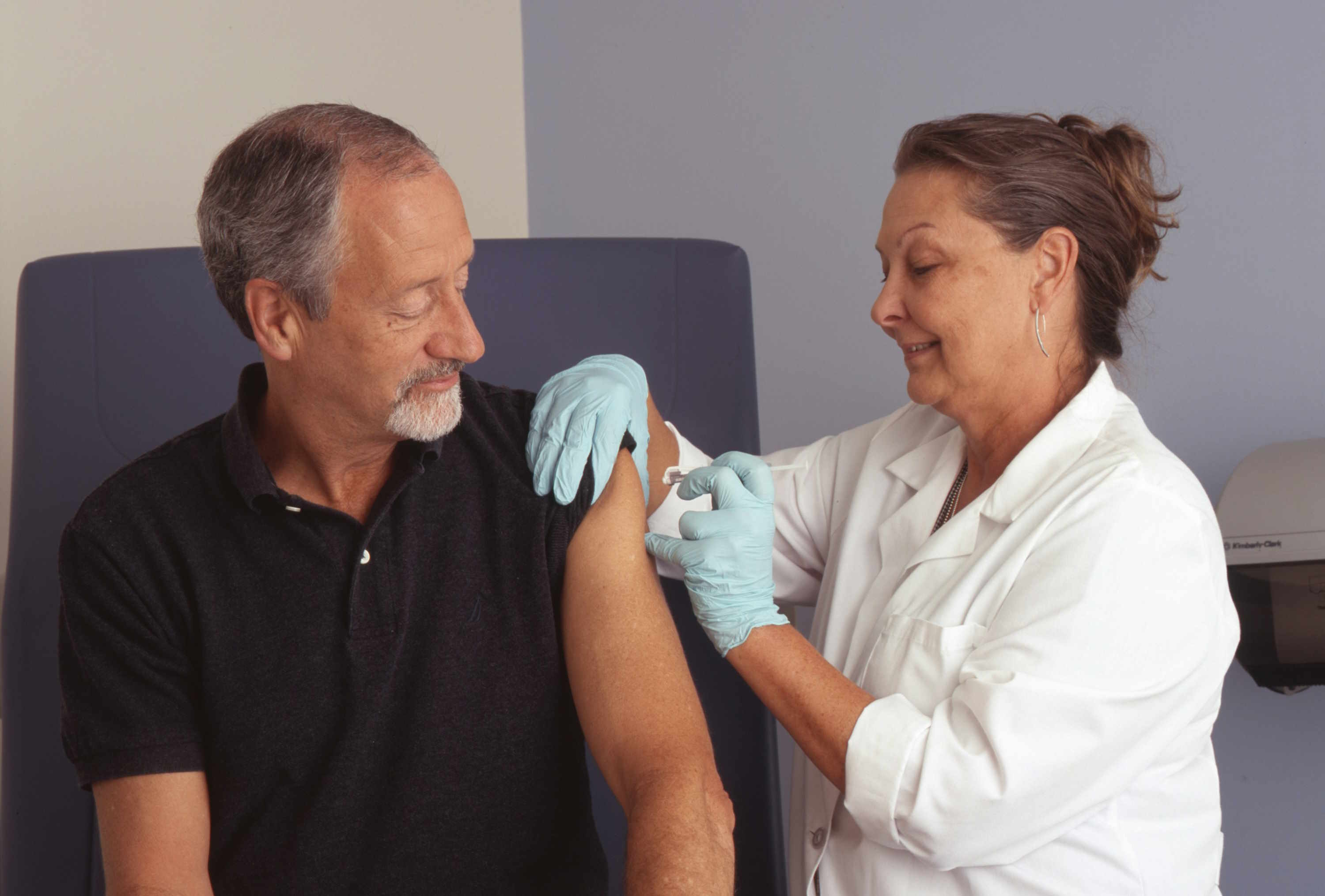A Guide To Impact Of Pneumonia Vaccine On Body.
Understanding how the pneumonia vaccine impacts your body is key to proactive health, as pneumococcal infections remain a global threat. Caused mainly by Streptococcus pneumoniae, pneumonia is a top driver of severe illness and death, hitting vulnerable groups hardest. Though the vaccine is critical for prevention, many are unclear on its bodily effects—from immunity-building responses to mild post-vaccination side effects. This guide simplifies these details to help readers make informed choices and recognize the vaccine’s role in protecting health.

Pneumonia remains a significant health concern across the United Kingdom, particularly for older adults, young children, and those with underlying health conditions. Vaccination offers a proven method of reducing the risk of severe pneumonia and its complications. When administered, pneumonia vaccines work by preparing the immune system to recognise and combat specific bacteria that cause pneumonia. The body’s response to vaccination involves a complex series of biological processes, some of which produce noticeable physical effects. This article examines the mechanisms behind these responses and what individuals can expect following immunisation.
Immune System Responses Induced by Pneumonia Vaccines
When a pneumonia vaccine enters the body, it introduces either weakened bacterial components or specific proteins from pneumonia-causing bacteria. The immune system recognises these foreign substances and begins producing antibodies tailored to fight the actual infection should exposure occur in the future. This process involves the activation of B cells, which manufacture antibodies, and T cells, which help coordinate the immune response and remember the pathogen for long-term protection.
The immune response typically begins within hours of vaccination and continues for several weeks as the body builds immunity. During this period, the immune system creates memory cells that remain in the body for years, sometimes decades. These memory cells enable a rapid and effective response if the vaccinated individual encounters pneumonia-causing bacteria. The strength and duration of this immune response can vary based on factors such as age, overall health status, and the specific type of pneumonia vaccine administered.
Two main types of pneumonia vaccines are available: the pneumococcal conjugate vaccine and the pneumococcal polysaccharide vaccine. Each stimulates the immune system differently, with the conjugate vaccine generally producing a stronger and longer-lasting immune response, particularly in young children and older adults. The polysaccharide vaccine, while effective, may require booster doses in certain populations to maintain optimal protection.
Common and Rare Physical Reactions to Pneumonia Vaccination
Most people who receive a pneumonia vaccine experience mild to moderate side effects that resolve within a few days. Common reactions include soreness, redness, or swelling at the injection site, which occurs as the immune system responds to the vaccine components. These localised reactions typically peak within 24 to 48 hours and gradually diminish without requiring medical intervention.
Systemic reactions, affecting the entire body, may also occur. These include mild fever, fatigue, headache, muscle aches, and general malaise. Such symptoms indicate that the immune system is actively building protection against pneumonia. While these effects can be uncomfortable, they are generally short-lived and resolve within two to three days. Taking paracetamol or ibuprofen can help manage discomfort, though individuals should consult their healthcare provider before taking any medication.
Rare but more serious reactions can occur, though they affect only a small fraction of vaccine recipients. Severe allergic reactions, known as anaphylaxis, are extremely uncommon but require immediate medical attention. Symptoms include difficulty breathing, rapid heartbeat, dizziness, and swelling of the face or throat. Healthcare providers administering vaccines are trained to recognise and treat such reactions promptly. Other rare side effects may include high fever, severe swelling at the injection site, or unusual weakness. Anyone experiencing severe or persistent symptoms following vaccination should seek medical advice.
Population-Specific Impacts of Pneumonia Vaccines
Different population groups experience varying responses to pneumonia vaccination based on age, immune function, and underlying health conditions. Older adults, particularly those aged 65 and above, benefit significantly from pneumonia vaccination as they face higher risks of severe pneumonia complications. However, their immune systems may respond less vigorously to vaccination compared to younger individuals, which is why booster doses or specific vaccine formulations are often recommended for this age group.
Young children, especially those under two years of age, receive pneumococcal conjugate vaccines as part of routine immunisation schedules. Their developing immune systems respond well to these vaccines, which provide robust protection against the most common strains of pneumonia-causing bacteria. Side effects in children are generally similar to those in adults, though parents should monitor for fever and irritability following vaccination.
Individuals with chronic health conditions such as diabetes, heart disease, chronic lung disease, or weakened immune systems require special consideration. While they may experience similar side effects to healthy individuals, their underlying conditions make them more susceptible to severe pneumonia, making vaccination particularly important. Some immunocompromised individuals may require additional doses or alternative vaccination schedules to achieve adequate protection.
Pregnant women can safely receive pneumonia vaccines, though timing and vaccine type should be discussed with healthcare providers. The protection gained through vaccination can benefit both mother and baby, as antibodies may pass to the infant, providing temporary protection during the early months of life.
Long-Term Effects and Protection Duration
The protection offered by pneumonia vaccines varies depending on the vaccine type and individual factors. Pneumococcal conjugate vaccines typically provide long-lasting immunity, with protection persisting for many years after the initial vaccination series. Studies suggest that immunity may last a decade or longer in healthy adults, though effectiveness may gradually decline over time.
Pneumococcal polysaccharide vaccines may offer shorter-term protection, particularly in older adults and those with certain medical conditions. Healthcare providers may recommend booster doses every five to ten years for individuals at continued high risk of pneumonia. Monitoring antibody levels and assessing individual risk factors help determine the need for additional doses.
Long-term side effects from pneumonia vaccines are exceptionally rare. The vast majority of adverse reactions occur within hours to days of vaccination and resolve completely. Ongoing research continues to monitor vaccine safety and effectiveness, ensuring that recommendations remain evidence-based and appropriate for different population groups.
This article is for informational purposes only and should not be considered medical advice. Please consult a qualified healthcare professional for personalized guidance and treatment.
Understanding Your Vaccination Decision
Making an informed decision about pneumonia vaccination involves understanding both the benefits and potential reactions. The protective effects of vaccination far outweigh the temporary discomfort of side effects for most individuals. Healthcare providers can assess individual risk factors, medical history, and current health status to recommend the most appropriate vaccination schedule.
Those considering pneumonia vaccination should discuss any concerns with their GP or practice nurse. Questions about vaccine types, timing, potential interactions with other medications, and expected side effects can be addressed during a consultation. Keeping vaccination records up to date and following recommended schedules ensures optimal protection against pneumonia throughout life.
Pneumonia vaccines represent a safe and effective tool for preventing serious respiratory infections. By understanding how these vaccines work and what to expect following immunisation, individuals can approach vaccination with confidence and contribute to protecting both their own health and that of their communities.




